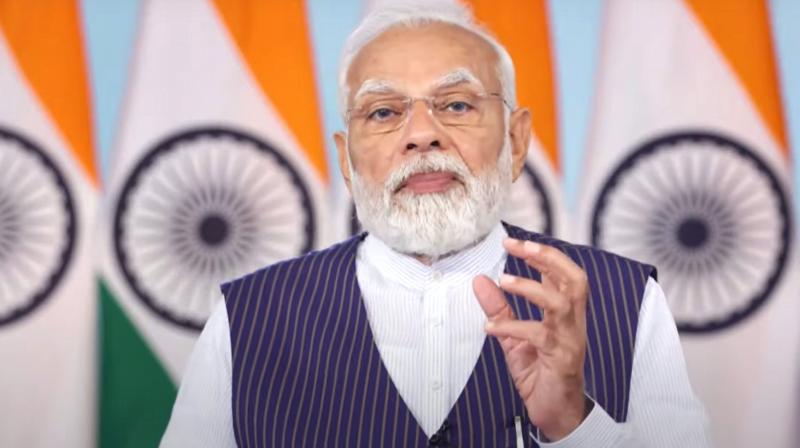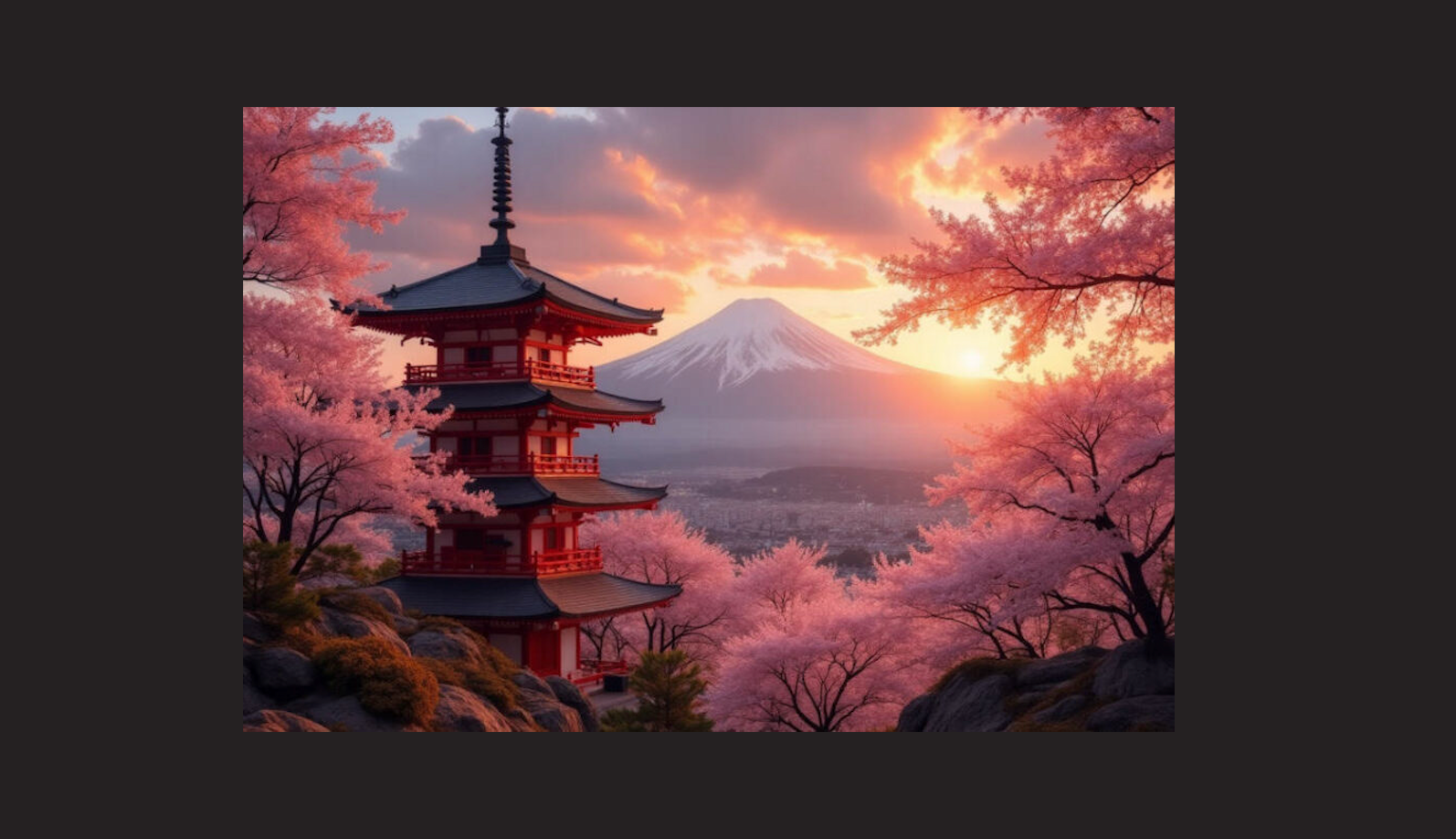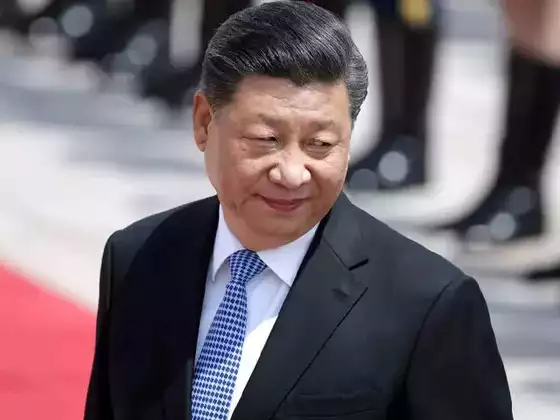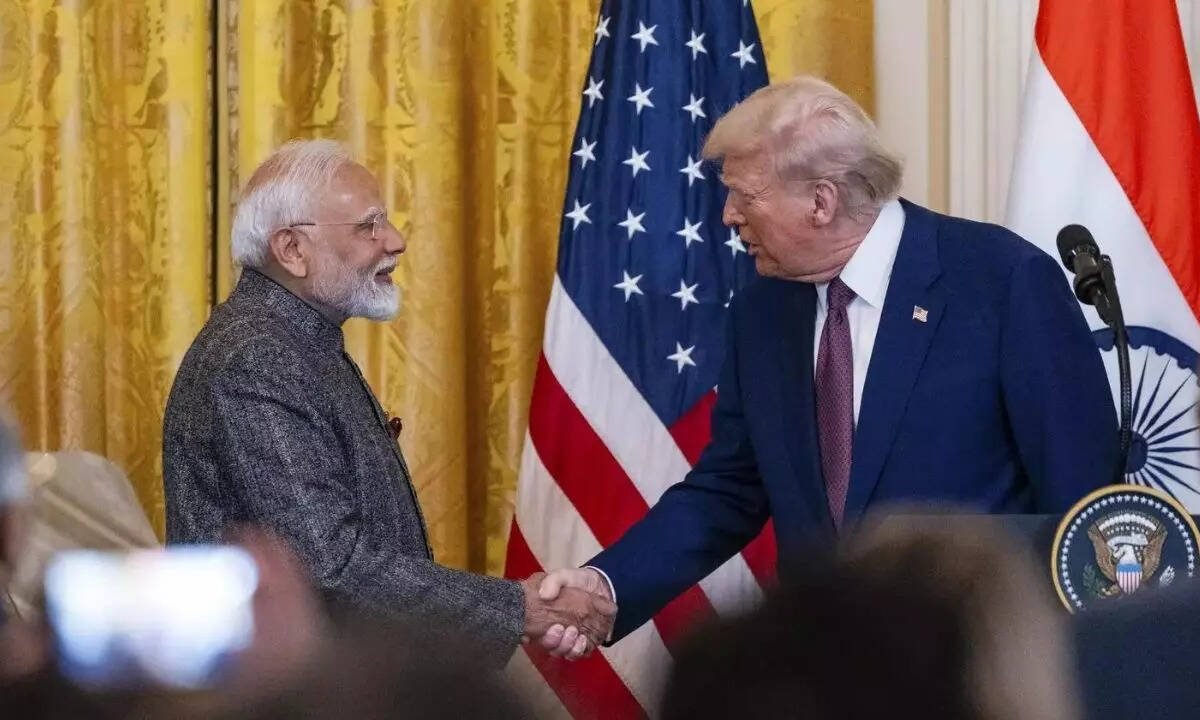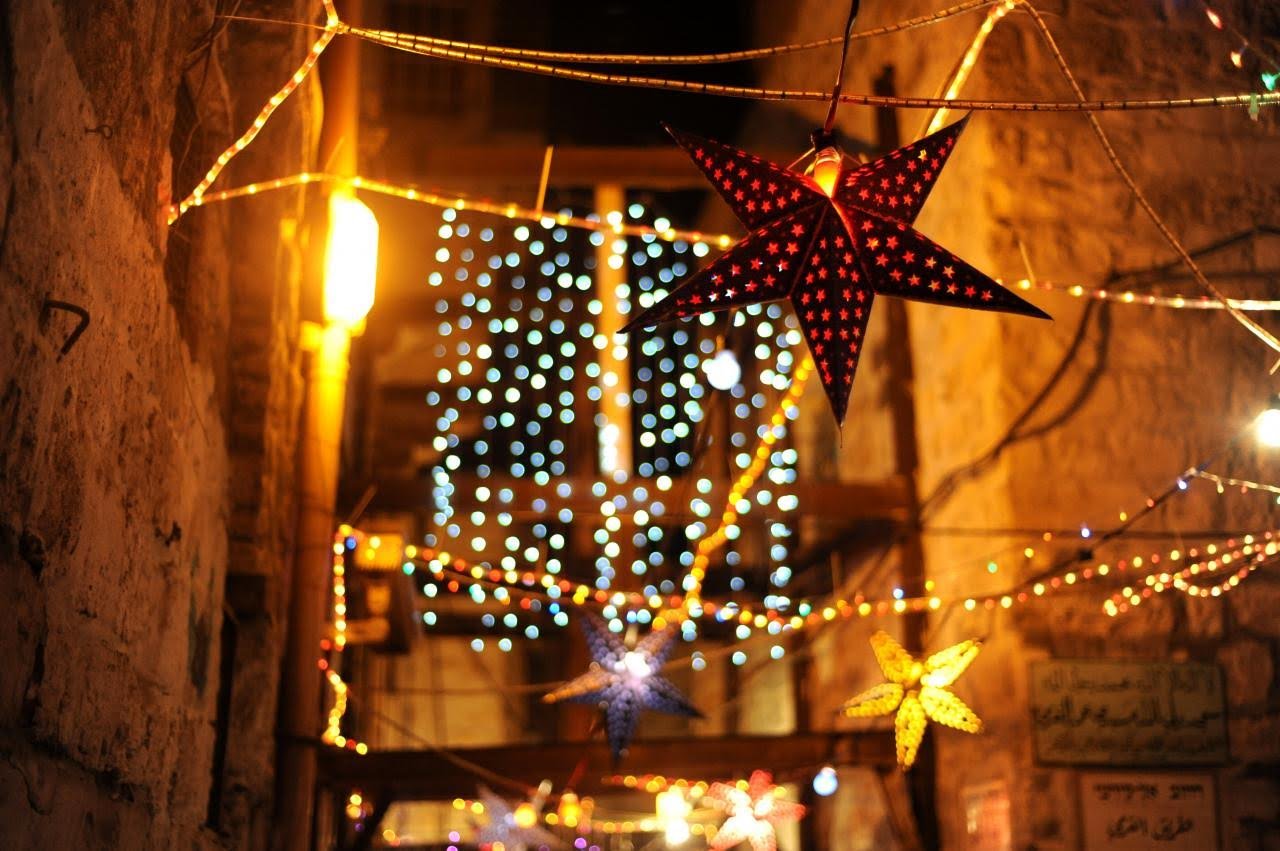Because of improved infrastructure, even far-flung villages are now emerging on on the tourism map of the country.
GUWAHATI: Prime Minister Narendra Modi on Friday, March 3, said out-of-the-box thinking and long-term planning can take tourism in India to new heights, a report in the Deccan Chronicle, says.
Because of improved infrastructure, even far-flung villages are now emerging on the tourism map of the country.
The Prime Minister was addressing a post-Budget webinar, the seventh in a series of 12 webinars organised by the government on the initiatives announced in the Union Budget 2023, on the subject of “Developing Tourism in Mission Mode”.
Expounding on tourism development parameters, the Prime Minister listed the potential of the place, the ease of travelling to the destination and new ways to promote the destination.
Modi emphasised that these parameters help in preparing a roadmap for the future and highlighted the huge scope of tourism in the country and listed out coastal tourism, beach tourism, mangrove tourism, Himalayan tourism, adventure tourism, wildlife tourism, eco-tourism, heritage tourism, spiritual tourism, wedding destinations, tourism via conferences and sports tourism.
The Prime Minister gave examples of the Ramayan circuit, Buddha circuit, Krishna circuit, Northeast circuit, Gandhi circuit and pilgrimages of all saints and stressed the need to work together collectively on this.
The Prime Minister told the audience that several places in India are to be developed in a spirit of competition and challenge, as mentioned in this year’s Budget. He asked for a detailed discussion on how different stakeholders can be engaged.
Citing various yatras undertaken by the masses over the centuries, the Prime Minister noted that some people think that tourism is a fancy word for high-income groups, but it has been a part of India’s cultural and social life for centuries and people used to go on pilgrimages even when there were no resources available to them.
He gave the examples of the Char Dham yatra, the Dwadash Jyotirling yatra, and the 51 Shaktipeeth yatra and said that they are used to connect the places of our faith while also strengthening the unity of the country.
Observing that the entire economy of many big cities in the country was dependent on these yatras.
He pointed out that hundreds of years of slavery and the political neglect of these places in the decades after independence were the root cause that inflicted damage to the country.
“The India of today is changing this situation. “An increase in the facilities leads to an increase in the attraction among the tourists,” Modi said.
The Prime Minister told the audience that several places in India are to be developed in a spirit of competition and challenge, as mentioned in this year’s Budget. He asked for a detailed discussion on how different stakeholders can be engaged.
He further informed the audience that around 80-lakh people used to visit Kashi Vishwanath Dham in Varanasi in a year before it was rebuilt, but the tourist footfall crossed 7 crores last year after the renovation.
“15-lakh devotees have gone to see Baba Kedar compared to only 4-5 lakhs before the completion of reconstruction work in Kedarghati. Similarly, at Pavagadh in Gujarat, 80,000 pilgrims go for the darshan of Maa Kalika, compared to only 4,000 to 5,000 people before the renovation. The increase in facilities has a direct impact on the number of tourists and the increasing numbers mean more opportunities for employment and self-employment,” the Prime Minister said.
The Prime Minister also talked about the Statue of Unity, the tallest statue in the world, and informed the audience that 27-lakh tourists visited the place within a year of its completion.
He underlined that India’s tourism sector can increase manifold with growing civic amenities, good digital connectivity, good hotels and hospitals, no trace of filth, and excellent infrastructure.
The Prime Minister informed the audience that the Central government has started the Vibrant Village Scheme for the villages situated along the border and emphasised the need to support businesses such as homestays, small hotels and restaurants
The Prime Minister noted the growing attraction towards India and said that 8-lakh foreign tourists visited India in January this year compared to only 2 lakhs in January last year.
“India has a lot to offer to high-spending tourists,” he remarked and stressed that every state needs to change its tourism policy to align with this thought.
“Tourism has the same potential in the country as agriculture, real estate development, infrastructure and textiles,” the Prime Minister added.
**************************************************************
Readers
These are extraordinary times. All of us have to rely on high-impact, trustworthy journalism. And this is especially true of the Indian Diaspora. Members of the Indian community overseas cannot be fed with inaccurate news.
Pravasi Samwad is a venture that has no shareholders. It is the result of an impassioned initiative of a handful of Indian journalists spread around the world. We have taken the small step forward with the pledge to provide news with accuracy, free from political and commercial influence. Our aim is to keep you, our readers, informed about developments at ‘home’ and across the world that affect you.
Please help us to keep our journalism independent and free.
In these difficult times, to run a news website requires finances. While every contribution, big or small, will makes a difference, we request our readers to put us in touch with advertisers worldwide. It will be a great help.
For more information: pravasisamwad00@gmail.com

